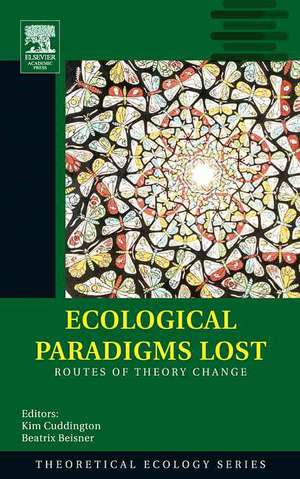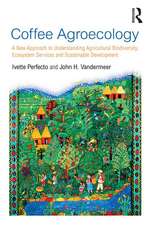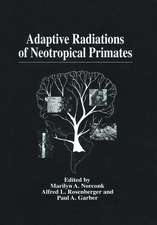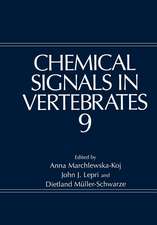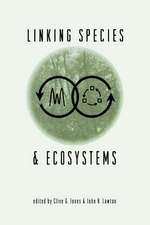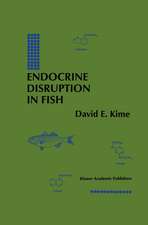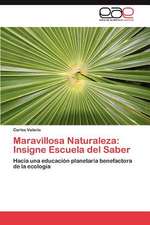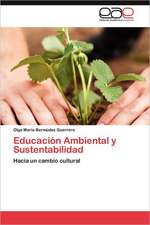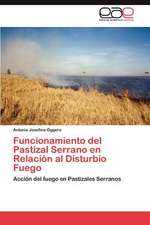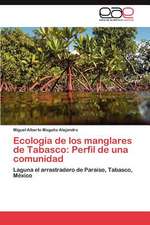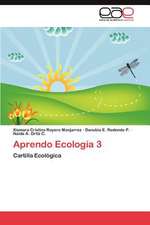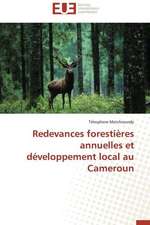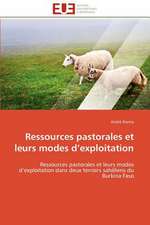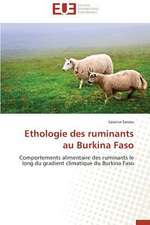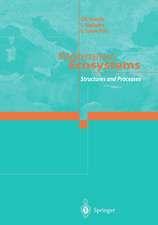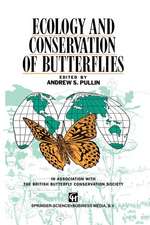Ecological Paradigms Lost: Routes of Theory Change: Theoretical Ecology Series, cartea 2
Autor Beatrix Beisner Editat de Kim Cuddingtonen Limba Engleză Paperback – 23 aug 2005
- Reflection on the past and future of ecology
- A historical overview of major ideas in the field of ecology
- Pairing of historical views by ecologists along with a philosophical commentary directed at the practicing scientists' views by a philosopher of science
- Historical analysis by practicing ecologists including anectodal experiences that are rarely recorded
- Based on a very popular symposium at the 2002 Ecological Society of America annual meeting in Tucson, AZ
Preț: 446.20 lei
Preț vechi: 571.84 lei
-22% Nou
Puncte Express: 669
Preț estimativ în valută:
85.40€ • 92.18$ • 71.61£
85.40€ • 92.18$ • 71.61£
Carte tipărită la comandă
Livrare economică 12-26 aprilie
Preluare comenzi: 021 569.72.76
Specificații
ISBN-13: 9780120884599
ISBN-10: 0120884593
Pagini: 464
Ilustrații: Illustrated
Dimensiuni: 152 x 229 x 22 mm
Greutate: 0.74 kg
Editura: ELSEVIER SCIENCE
Seria Theoretical Ecology Series
ISBN-10: 0120884593
Pagini: 464
Ilustrații: Illustrated
Dimensiuni: 152 x 229 x 22 mm
Greutate: 0.74 kg
Editura: ELSEVIER SCIENCE
Seria Theoretical Ecology Series
Public țintă
practicing ecologists, to philosophers of science, and to anyone interested in the history of ecologyCuprins
1. Why a History of Ecology: An Introduction
Beatrix E. Beisner and Kim Cuddington
Part I
POPULATION ECOLOGY
2. Unstructured Models in Ecology: Past, Present and Future
3.Unstructured population models: Do population-level assumptions yield general theory?
4. The “Structure of Population Ecology: Philosophical Reflections on Unstructured and Structured Models
Part II
EPIDEMIOLOGICAL ECOLOGY
5. The Law of Mass Action in Epidemiology: A Historical Perspective
6. Extensions to Mass Action Mixing
7. Mass Action and System Analysis of Infection Transmission
Part III
COMMUNITY ECOLOGY
8. Community Diversity and Stability: Changing Perspectives and Changing Definitions
9. Perspectives on Diversity, Structure and Stability
10. Diversity and Stability: Theories, Models and Data
Part IV
EVOLUTIONARY ECOLOGY
11. On the Integration of Community Ecology and Evolutionary Biology: Historical Perspectives and Current Prospects
12. Modeling the ecological context of evolutionary change: déjà vu or something new?
13. The Elusive Synthesis
Part V
ECOSYSTEM ECOLOGY
14. The Loss of Narrative
15. Ecological Management: Control, Uncertainty and Understanding
16. Is Ecosystem Management a Postmodern Science?
Kevin de Laplante
Part VI
CONCLUSION
17. Kuhnian Paradigms Lost: Embracing the pluralism of ecological theory
Recenzii
"Finally, here is a book taking ecology seriously enough also to investigate it from a philosophy of science point of view, and in particular taking a Kuhnian entrance point as also indicated by the title...an exciting book and an interesting idea to view our science as Kuhn would have done...highly recommended." --Soren Nors Nielsen, Danmarks Farmaceutiske Universitet
"Each section of Ecological Paradigms Lost certainly has something to offer the specialist." --Joseph Craine, Unviersity of Minnesota, Department of Ecology, Evolution, and Behavior, in BIOSCIENCE
The editors of this volume commissioned papers by eminent ecologists, young and old, on theory development and cahnge in five subfields- population, epidemiological, community, evolutionary, and ecosystem ecology- and papers from philosophers of science commenting on the scientists' conclusions...a better perspective on ecology's past and, possibly, its future." --Thomas R. Dunlap, Texas A&M University, Department of History, in ECOLOGY
"Each section of Ecological Paradigms Lost certainly has something to offer the specialist." --Joseph Craine, Unviersity of Minnesota, Department of Ecology, Evolution, and Behavior, in BIOSCIENCE
The editors of this volume commissioned papers by eminent ecologists, young and old, on theory development and cahnge in five subfields- population, epidemiological, community, evolutionary, and ecosystem ecology- and papers from philosophers of science commenting on the scientists' conclusions...a better perspective on ecology's past and, possibly, its future." --Thomas R. Dunlap, Texas A&M University, Department of History, in ECOLOGY
